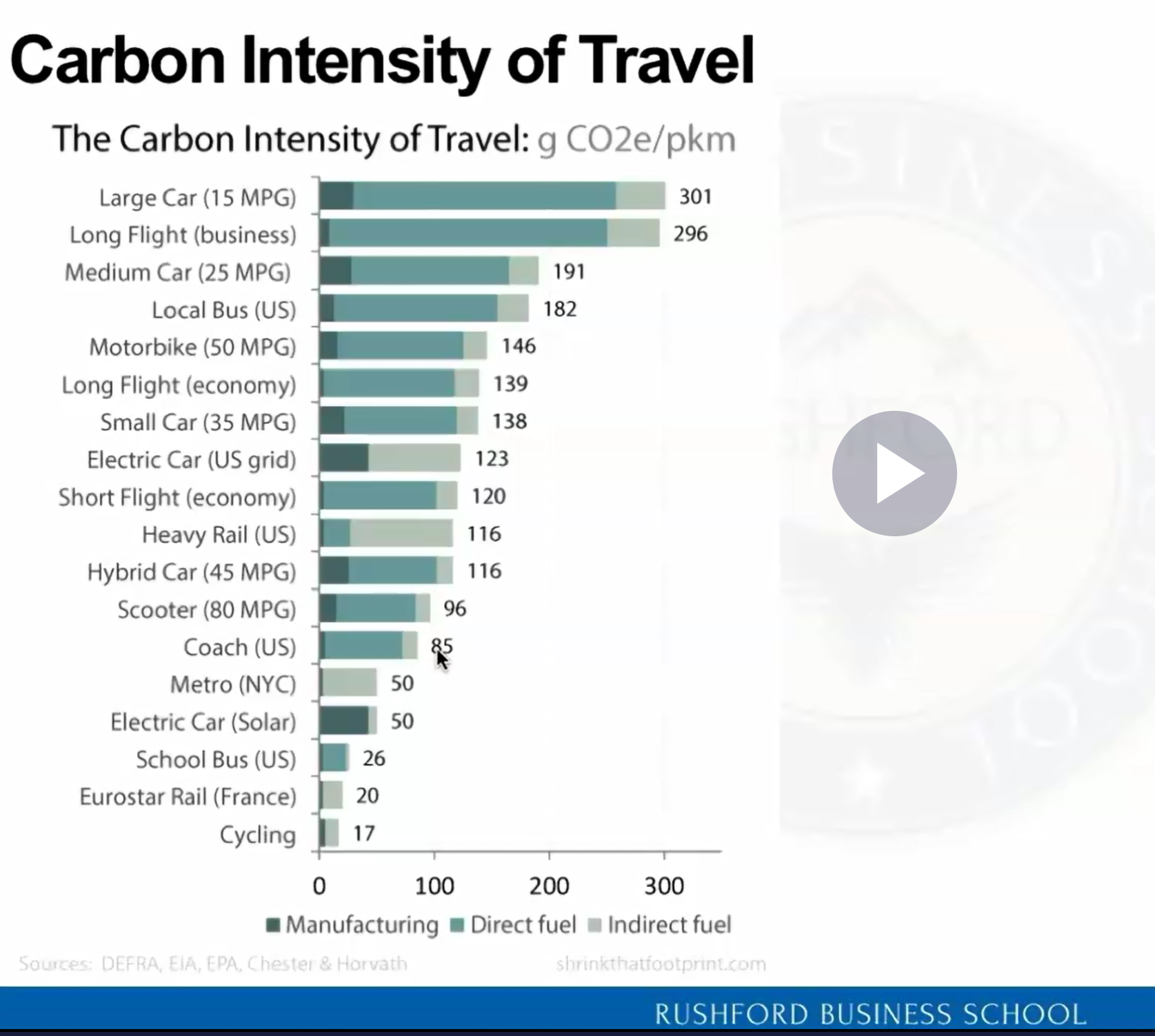Back
Bharat Bus
Bharat ki Bus • 1y
Electric transportation systems are transforming mobility with several key benefits. They are environmentally friendly, producing zero tailpipe emissions, which reduces air pollution and greenhouse gas emissions compared to traditional fuel-powered vehicles. This helps combat climate change and enhances air quality, especially in urban areas. Electric vehicles (EVs) are also more energy-efficient, as they convert more energy from the grid to the wheels compared to internal combustion engines. This results in less energy waste. Operating costs for EVs are generally lower. Electricity is cheaper than gasoline or diesel, and EVs have fewer moving parts, meaning less wear and tear and reduced maintenance costs. Another advantage is noise reduction, as EVs are significantly quieter, helping to lower noise pollution in busy areas. EVs contribute to energy independence by reducing reliance on fossil fuels, especially when powered by renewable energy sources like solar or wind.
Replies (5)
More like this
Recommendations from Medial
Vedant SD
Finance Geek | Conte... • 1y
The Rise of Electric Vehicles in India India's EV market is witnessing rapid growth, driven by government incentives, rising consumer awareness, and technological advancements. The country's vast population and growing middle class present a signif
See More
Saket Sambhav
•
ADJUVA LEGAL® • 8m
Do EVs Really Reduce Carbon? A Surprising Look at Manufacturing vs. Lifetime Emissions. 🚗⚡ Attended an interesting lecture during my DBA studies, and a fascinating point came up that I had to share. We often hear that Electric Vehicles (EVs) have a
See More
EVINDIA
Stay updated with th... • 7m
New Study Shows EVs Last 6 Years Longer Than ICE Vehicles A recent Geotab study reveals that electric vehicles (EVs) can last up to 20 years, significantly outlasting the average internal combustion engine (ICE) vehicle lifespan of 14 years. EV batt
See MoreTushar Arora
Market Researcher • 5m
Understanding Electric Vehicle (EV) Transmission Systems Electric Vehicle (EV) transmissions work differently from traditional internal combustion engines. Unlike conventional vehicles that require multi-speed gearboxes, most EVs use a single-speed
See MoreDownload the medial app to read full posts, comements and news.















/entrackr/media/post_attachments/wp-content/uploads/2021/08/Accel-1.jpg)



















